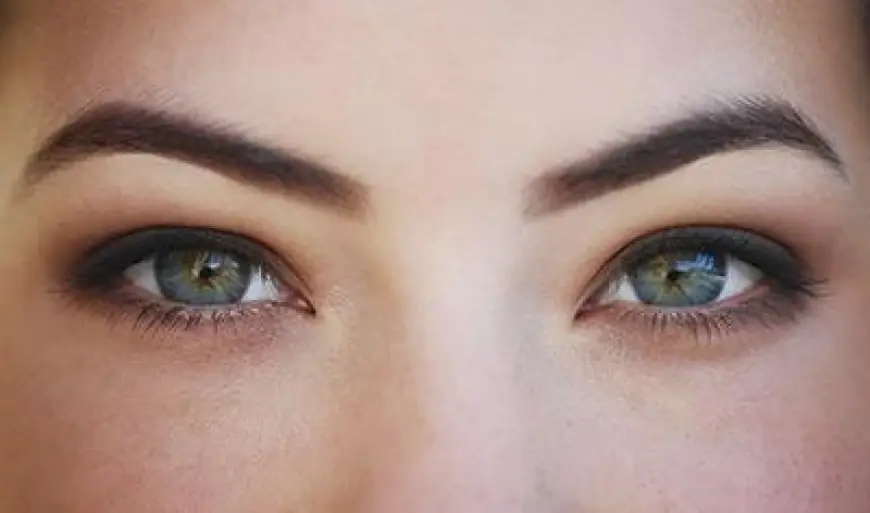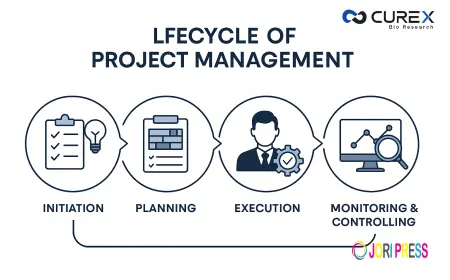Eyelid Surgery vs. Non-Surgical Alternatives
Eyelid surgery, or blepharoplasty, rejuvenates the eye area by removing excess skin and fat. It can correct drooping eyelids and puffy bags for a refreshed look.

Eyelid surgery, also known as blepharoplasty, has long been the gold standard for rejuvenating the eye area. However, non-surgical alternatives such as fillers, Botox, and laser treatments have gained popularity as less invasive options. Choosing between surgical and non-surgical approaches requires understanding their differences, benefits, limitations, and outcomes.
Understanding Eyelid Surgery
What It Involves
Eyelid Surgery in Riyadh (جراحة رأب الجفن في الرياض) is a surgical procedure designed to remove excess skin, fat, and sometimes muscle from the upper or lower eyelids. It provides permanent results, addresses functional issues like obstructed vision, and can correct significant sagging or puffiness.
Benefits of Surgery
-
Long-lasting results
-
Corrects both cosmetic and functional concerns
-
Provides more dramatic rejuvenation than non-surgical treatments
Non-Surgical Alternatives
Dermal Fillers
Fillers restore volume under the eyes and smooth out hollows or mild wrinkles. Results are temporary and require maintenance.
Botox
Botulinum toxin can lift the brow slightly and reduce fine lines around the eyes. Effects typically last three to six months.
Laser Resurfacing
Laser treatments improve skin texture, tighten mild sagging, and reduce fine wrinkles. Results are gradual and less dramatic than surgery.
Chemical Peels
Peels can enhance skin appearance, addressing mild pigmentation and surface irregularities around the eyelids.
Comparing Results
Longevity
Surgical blepharoplasty produces permanent or long-lasting results, while non-surgical methods require ongoing treatments to maintain appearance.
Degree of Improvement
Eyelid Surgery in Riyadh can address significant sagging, puffiness, and functional problems, which non-surgical treatments cannot fully correct.
Recovery Time
Surgery typically involves a few weeks of swelling and bruising, while non-surgical procedures have minimal downtime, often allowing patients to resume daily activities immediately.
Suitability
Who Should Choose Surgery
-
Patients with significant eyelid sagging or puffiness
-
Individuals with functional issues affecting vision
-
Those seeking long-term results
Who Can Consider Non-Surgical Options
-
Patients with mild aging signs
-
Individuals preferring minimal downtime
-
Those seeking temporary or subtle improvements
Making the Decision
Evaluate Goals
Consider whether your primary concern is cosmetic enhancement, functional improvement, or both.
Consult a Specialist
A consultation with a skilled surgeon helps determine the most appropriate approach. They may recommend surgery, non-surgical alternatives, or a combination for optimal results.
Consider Lifestyle
Non-surgical options are appealing for those who prefer shorter recovery times, while surgery is suited for patients willing to invest in long-term outcomes.
Conclusion
Choosing between Eyelid Surgery in Riyadh and non-surgical alternatives depends on your goals, anatomy, and expectations. Surgery offers permanent, transformative results, while non-surgical treatments provide temporary, subtle improvements with minimal downtime. For personalized guidance and expert care, trust Royal Clinic Saudia, where experienced specialists help you select the ideal approach for youthful, refreshed eyes.
FAQs:
Can non-surgical treatments replace eyelid surgery?
Non-surgical options are effective for mild concerns but cannot fully replace surgical results for significant sagging or puffiness.
How long do surgical results last?
Blepharoplasty results are long-lasting, often lasting 10 years or more.
Are non-surgical options safe?
Yes, but they provide temporary results and require repeat sessions.
How long is recovery for eyelid surgery?
Most patients recover within one to two weeks, with swelling gradually subsiding over several weeks.
What's Your Reaction?
 Like
0
Like
0
 Dislike
0
Dislike
0
 Love
0
Love
0
 Funny
0
Funny
0
 Angry
0
Angry
0
 Sad
0
Sad
0
 Wow
0
Wow
0

















































